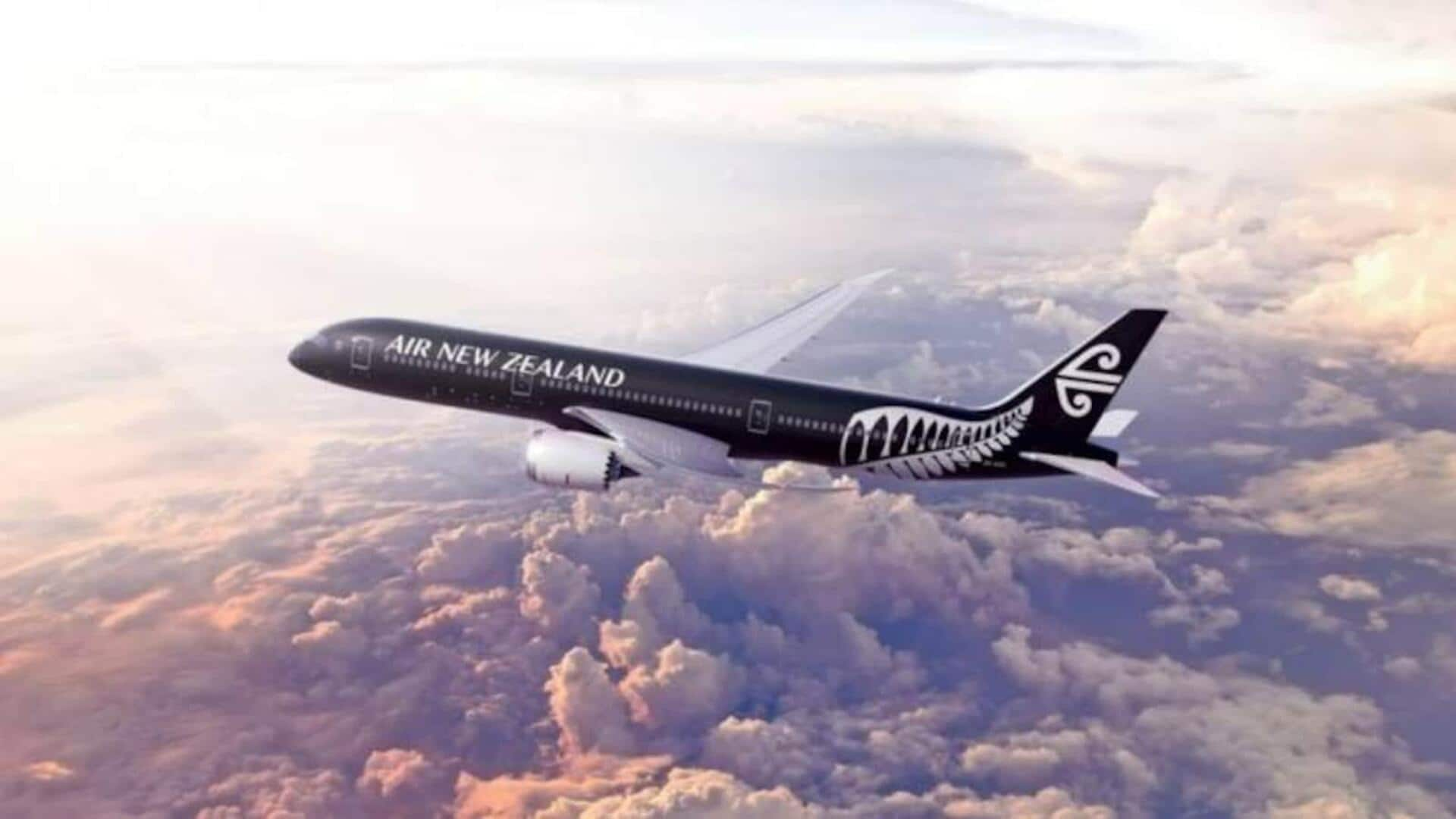
Air New Zealand cancels 2030 climate plan: Here's why
What's the story
Air New Zealand has made a policy shift by discontinuing its 2030 carbon emissions target. This makes it the first major carrier to drop such a goal. The airline's CEO, Greg Foran, attributed this decision to limited availability of fuel-efficient aircraft and alternative jet fuels. He also highlighted potential delays in the company's fleet renewal plan as a factor. The firm had previously set a goal to reduce its total carbon emissions by 28.9% by 2030, compared to 2019 levels.
Renewal challenges
Fleet renewal plan delays prompt policy shift
Foran expressed concerns over possible delays in the company's fleet renewal plan due to global manufacturing and supply chain issues. "The airline may need to retain its existing fleet for longer than planned due to global manufacturing and supply chain issues that could potentially slow the introduction of newer, more fuel-efficient aircraft into the fleet," he stated.
SBTi withdrawal
Air NZ withdraws from Science Based Targets Initiative
In addition to dropping its 2030 target, Air New Zealand has also withdrawn from the Science Based Targets Initiative (SBTi) with immediate effect. The SBTi is a global initiative that assists companies in aligning their emissions reduction strategies with the Paris Agreement. Despite these changes, the airline is planning a new near-term carbon emissions reduction target, that will better reflect the challenges related to aircraft and alternative jet fuel availability.
Long-term commitment
Airline reaffirms commitment to net zero emissions by 2050
Despite the policy changes, Air New Zealand remains committed to achieving net zero carbon emissions by 2050. The airline's chairperson, Therese Walsh, confirmed this commitment stating, "Our work to transition away from fossil fuels continues, as does our advocacy for the global and domestic regulatory and policy settings that will help facilitate Air New Zealand, and the wider aviation system in New Zealand, to do its part to mitigate climate change risks."